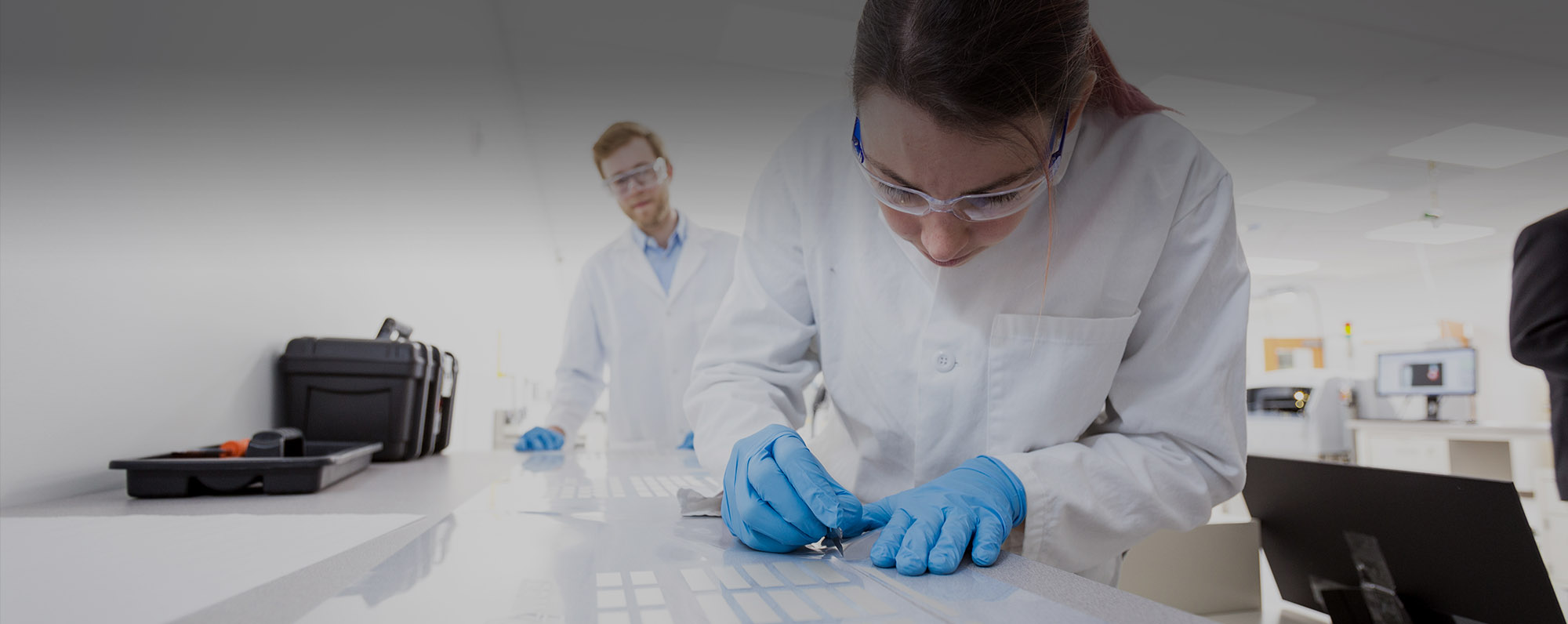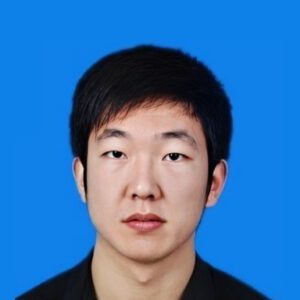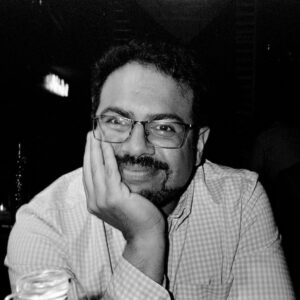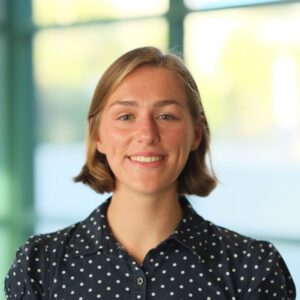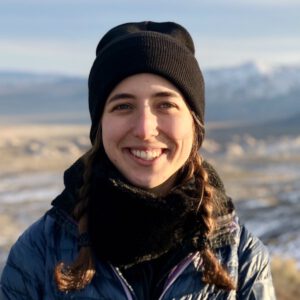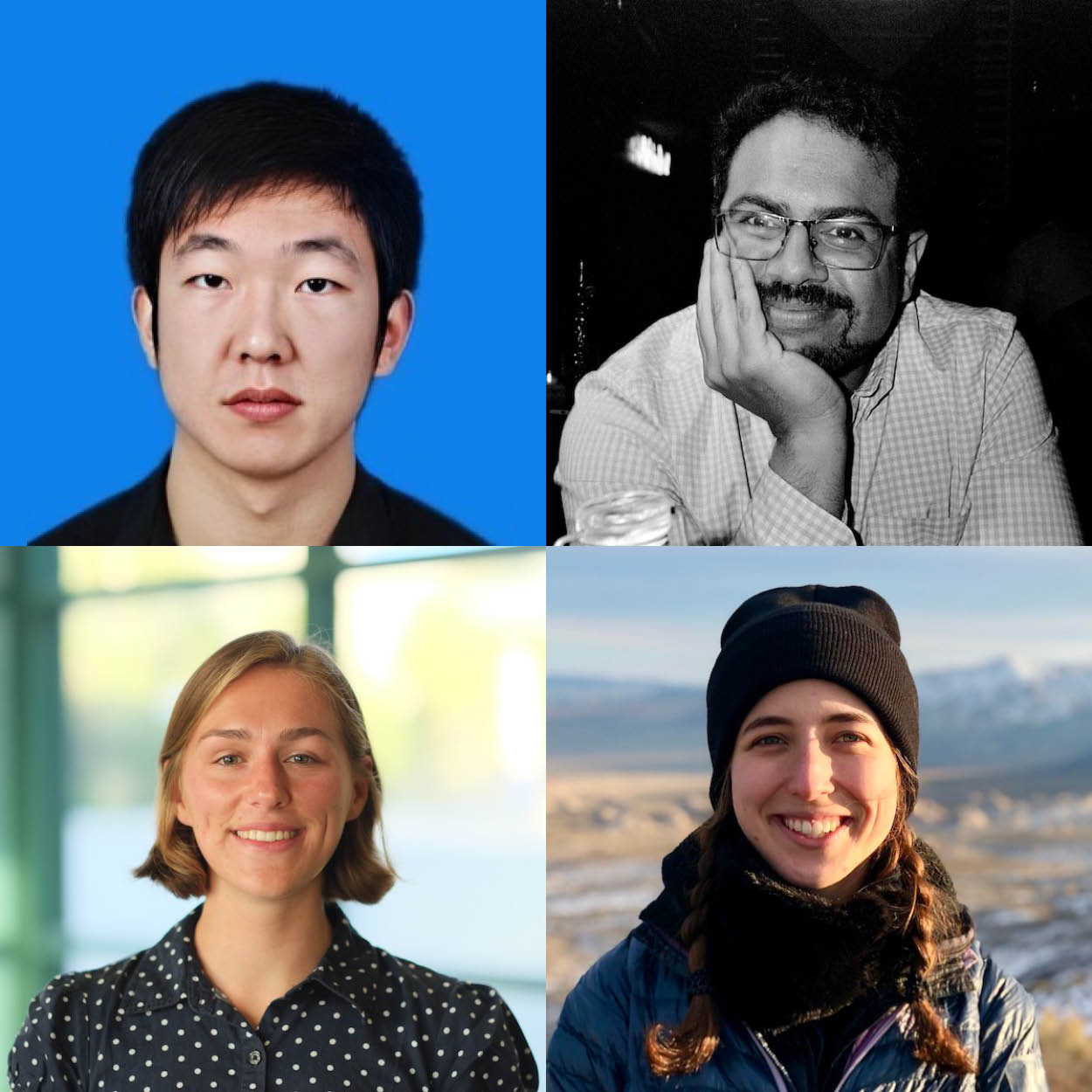
April 20, 2023
In order to support innovation to accelerate a carbon-neutral economy and to promote the equitable deployment of clean energy solutions, the University of Washington’s Clean Energy Institute (UW CEI) established the Distinguished Postdoctoral Fellowship.
Its first four Distinguished Postdoctoral Fellows are: Zixiao Ma, Chris Torres, Rebecca Vincent, and Rachel Woods-Robinson.
Zixiao Ma
Zixiao Ma is a Ph.D. candidate in Electrical & Computer Engineering at Iowa State University, advised by professor Zhaoyu Wang, and expected to graduate spring 2023. His research focus is the development of machine learning-based, safety-critical controls for renewable energy-dominated microgrids. His research has been published widely in top power systems journals, such as IEEE Transactions on Power Systems and IEEE Transactions on Smart Grids, including six first-author papers. At the UW, Ma will work with ECE professor Baosen Zhang, whose group focuses on control theory, machine learning, and power systems.
At Iowa State, Ma has led several studies in power system dynamics and control, including four projects funded by the Power Systems Engineering Research Center and the Department of Energy totaling more than $2 million in funding, and contributed significantly to proposals funded by the Department of Energy (DOE) and the National Science Foundation (NSF). He has also served on IEEE’s Measurement & Verification Task Force for conservation voltage reduction (CVR), developing industry standards for utilities as they deploy automated or otherwise advanced grid technologies to dynamically manage customers’ demands for power and improve overall efficiencies. Through these research activities, Ma maintains connections with the National Renewable Energy Laboratory, Argonne National Laboratory, Cornell University, American Energy Power, Siemens, and Commonwealth Edison.
Chris Torres
Chris Torres is a Ph.D. candidate in Chemical & Biomolecular Engineering at the University of Illinois Urbana-Champaign, advised by professor David W. Flaherty, and expected to graduate in summer 2023. Torres’ thesis work focuses on the chemical kinetics of liquid-phase oxidations by manipulating solvent-surface interactions, which is applicable to sustainability research thrusts including plastic waste recycling and upgrading to value added chemicals.
He is an Alfred P. Sloan Scholar and an NSF Graduate Research Fellow, and brings leadership experience in education from UIUC’s St. Elmo Brady Academy (SEBA), which provides project-learning opportunities in science, engineering, technology, and mathematics (STEM) to students at the local Booker T. Washington STEM Academy. SEBA addresses racial inequities in STEM fields by increasing awareness of STEM subjects to support STEM interest and identity for students from underrepresented backgrounds. SEBA also broadens participation through early exposure to STEM, builds STEM literacy, uses project-based learning, and fosters family and community support systems to encourage STEM learning.
At the UW, Torres will work with chemical engineering assistant professor Julie Rorrer to develop self-sustainable community outreach programs to advance under-represented Black, Hispanic, and Indigenous (BHI) populations. Rorrer is the founder of the ColorMePhD program, which uses art to foster engagement, participation, and belonging in science and engineering programs for underrepresented and at-risk youth. Alongside Rorrer and CEI’s Education & Workforce Engagement staff, Torres will engage BHI communities by leveraging relationships with undergraduate institutions such as Northwest Indian College; and by aligning with the missions of established Seattle-area educational programs like Rainier Scholars, Daybreak Star, and El Centro de la Raza.
Rebecca Vincent
Rebecca Vincent is a Ph.D. candidate in Materials at the University of California-Santa Barbara, expected to graduate in spring 2023, and an NSF Graduate Research Fellow. Her work with professor Ram Seshadri as a member of the DOE EFRC for Synthetic Control Across Length-scales for Advancing Rechargeables (SCALAR) focuses on fundamental structure-property relationships in electrode materials for advanced Li-ion batteries. In particular, her novel materials are potential replacements for graphite anodes with improved rate capability.
At UCSB, Vincent’s contributions to her department’s diversity, equity, and inclusion committee were recognized with a Bright Horizon Global Foundation Materials Department Service Award. She has also fought to reinstate UCSB’s “Transportation Alternatives Program” to reduce carbon emissions from commuters, and participated in discussions with the Goleta City Council regarding the development of the San Jose Creek bike path.
At the UW, Vincent will be co-advised by CEI director and chemical engineering professor Dan Schwartz and chemical engineering professor Lilo Pozzo as she develops non-destructive Li-ion battery diagnostics for evaluation of the health of electric vehicles and grid storage systems. Vincent will collaborate closely with Dr. Jie Xiao, the leader of the Advanced Battery Fabrication facility at the Pacific Northwest National Laboratory (PNNL) and a major contributor to the US DOE Battery500 consortium that is advancing lithium-based battery technology for electric vehicles with targets of 500 watt-hours per kilogram, 1,000 charge cycles, and a price less than $100 per kilogram.
Rachel Woods-Robinson
Dr. Rachel Woods-Robinson joined UW from the Lawrence Berkeley National Laboratory (LBNL) where, as a postdoctoral scholar, she conducted computational research on semiconductor absorption processes and high-throughput screenings for solar energy applications. Woods-Robinson received her Ph.D. in Applied Science and Technology with a focus on Materials Physics from the University of California-Berkeley in fall 2021, where she also received a Chancellor’s Research Fellowship and an NSF Graduate Research Fellowship to combine computational and experimental techniques to design transparent contact materials for solar photovoltaics (PV).
As a PhD student and postdoc at Berkeley, she first-authored 11 publications, contributed to the Python Materials Genomics (pymatgen) code base and the Materials Project, and participated in the DOE EFRC known as the Center for Next-Generation of Materials Design (CNGMD). Woods-Robinson has also published several public-facing education and opinion pieces, founded a STEM outreach organization “Cycle for Science” that has reached thousands of K-12 students, and served as a UC-Berkeley science policy advocate with a focus on renewable energy issues.
At the UW, Dr. Woods-Robinson’s research will focus on life cycle assessments (LCA) of emerging technologies for materials which currently have low technology readiness levels. Specifically, she will investigate emerging PV technologies by comparing the environmental and human impacts of existing and proposed contact layers for PV, and also exploring other device architectures and scenarios. Woods-Robinson’s interdisciplinary research is advised by CEI chief scientist and chemistry professor David Ginger, an expert in perovskite and thin-film PV technologies; Washington Clean Energy Testbeds technical director and materials science & engineering and mechanical engineering associate professor J. Devin MacKenzie, a climate tech industry veteran who will provide perspective on manufacturing and supply chains; and Alberta “Birdie” Carpenter, who leads strategic analysis efforts at the National Renewable Energy Laboratory (NREL) with a focus on LCA, supply chains, the circular economy, and sustainable manufacturing of energy technologies. Woods-Robinson will leverage existing connections with the Materials Project group and NREL, and will work closely with members of the U.S. Manufacturing of Advanced Perovskites (US-MAP) Consortium. US-MAP, which includes the Testbeds and NREL, considers LCA and supply chains as critically important to the scalable adoption of alternative PV technologies such as lead-halide perovskites.



